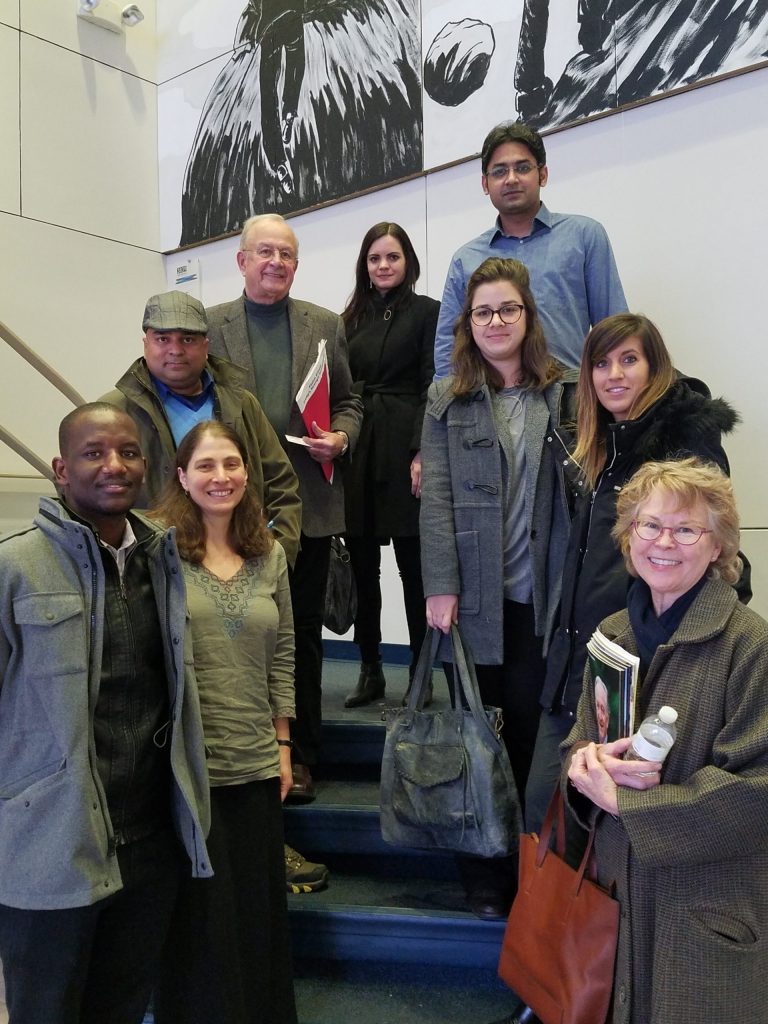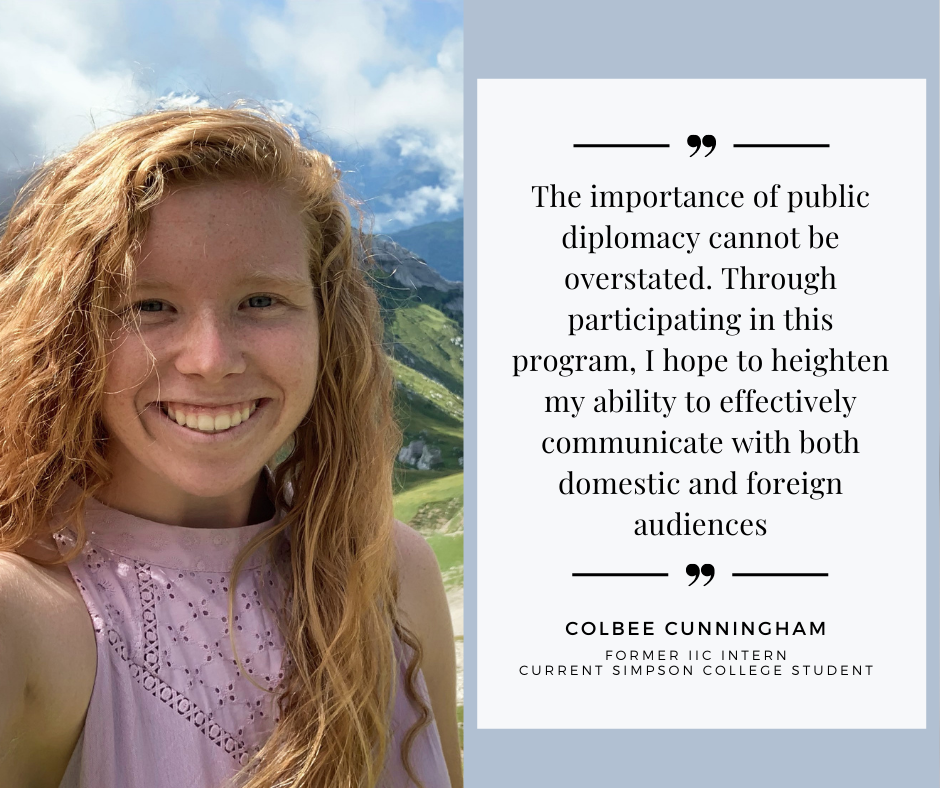Iowa International Center had a chance to talk with Kathleen Richardson, Dean, and professor at Drake University School of Journalism and Mass Communication. Ms. Richardson has met with many international colleagues on a variety of platforms, including through IIC’s international visitor program. In the past, Ms. Richardson worked for The Des Moines Register and as the executive director of the Iowa Freedom of Information Council. Check out a portion of our conversation below about the importance of intercultural competence in Journalism.
Do you believe intercultural competence is important in the field of journalism? If so why?
As an accredited journalism program, the Drake School of Journalism and Mass Communication is required to ensure that all of our graduates can “demonstrate culturally proficient communication that empowers those traditionally disenfranchised in society, especially as grounded in race, ethnicity, gender, sexual orientation and ability, domestically and globally, across communication and media contexts.” Communications professionals have an ethical mission to serve and reflect all of their audiences to the best of their abilities, and that includes keeping our communities informed about people, both locally and globally, who are different from themselves. In the Drake SJMC we have a big sign that says essentially, “We make the world bigger for other people.”
How has exposure to international visitors affected your career?
I truly enjoy my interactions with the global professionals with whom I’ve visited over the years. I usually meet with either journalists from other countries or government officials, to discuss our American values of free speech, free press, and government transparency. I walk away from those conversations with a recognition of our common humanity and common professional mission to serve our fellow citizens. But also always humbled by the challenges that my journalism colleagues in other countries face and the courage and tenacity with which they face those hurdles to doing their jobs.
Is there a specific experience or lesson learned that you recall from a time that you spent among others from a different country/culture?
I most recently thought of my conversations with my international journalism colleagues during the trial of Andrea Sahouri, a Des Moines Register journalist who was arrested while covering Black Lives Matter protests last summer. And the stories of journalists being threatened during the Jan. 6 storming of the U.S. Capitol. So many journalists from other nations have shared with me the legal and safety challenges that they face in doing their jobs: expensive defamation lawsuits from government officials unhappy with coverage, actual threats of physical violence. It used to be that being recognized as a journalist guaranteed you a measure of safety or immunity when covering protests or war zones. No longer. Now journalists are often targets. When talking to my international colleagues I always felt grateful that journalists in the United States didn’t have to deal with the same sort of threats. That’s not the case in the current political and social environment, and that is a horrifying realization.



